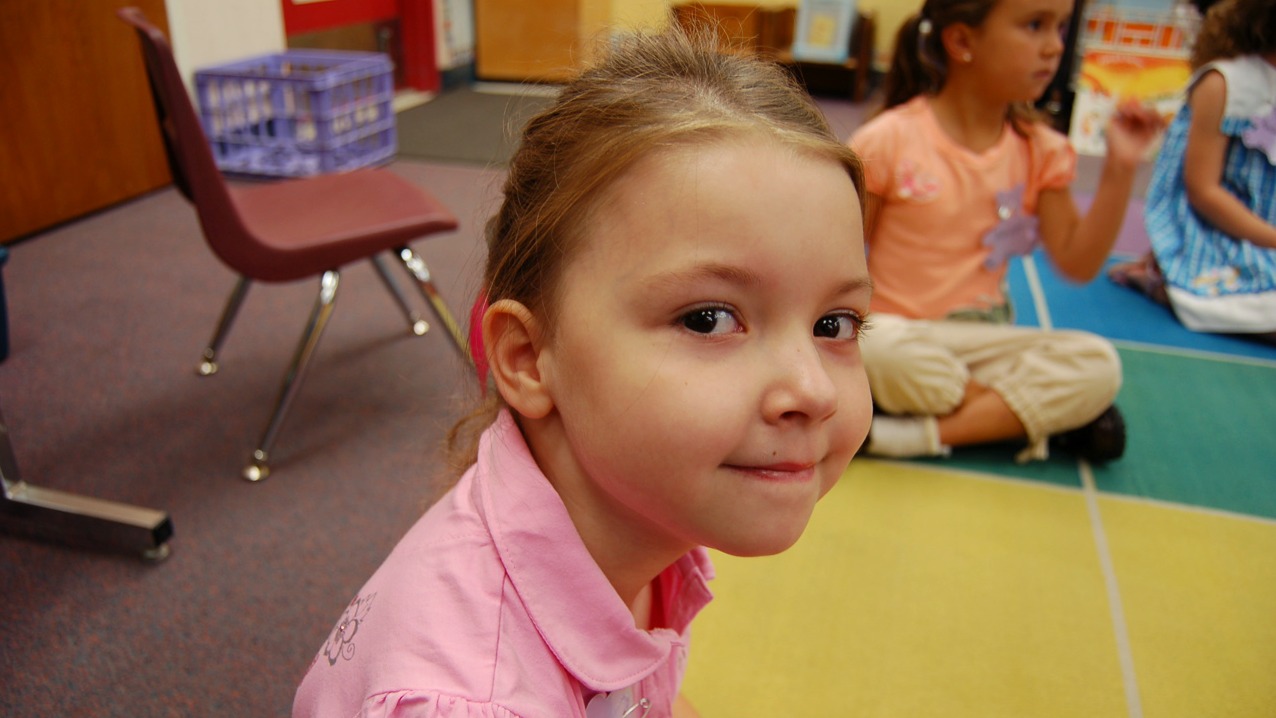As American kids pack up bookbags and find their classrooms on the first day of school, more of them will be greeted with, “Hola” and “Buenos Dias.” Their bulletin boards will display colors, animals, and days of the week in Spanish. Language-immersion schools are booming in the U.S., not just in places like Texas and California, but across the country.
The Spanish-immersion education offered at public schools presents one more option for parents, many of them already trying to figure out what route will be best for their children. They often spend the first years of their kids’ lives considering their options, weighing pros and cons of private school, public school, Christian school, and homeschool.
While the perks of language immersion programs are debated, the increase in popularity of Spanish immersion programs show that more parents see them as a way promote their children’s academic achievement. These programs boast language and literacy development in two or more languages, and improved cognitive skills for students.
When it came time to choose a school for our children, we also had options. There was what seemed like an obvious choice: a neighborhood school with an award-winning Montessori program 100 yards from our front door. But that’s not what we picked. We drive our kids half way across town, to the school where all the instruction is done in Spanish.
We are three years into public schooling, and as the school year kicks off, we are once again faced with complaints. Our 1st-grader bemoans that the classes are hard, and she doesn’t always know exactly what the teacher is saying. Her confidence is shaky, and she’s hesitant to go. Once again, I am reciting my mantra in reply: I know it is hard, but I love you and will help you, and I believe you can do hard things. We comfort and encourage, but remain resolved to send them back to that Spanish school, even though she speaks un poquito espanol and doesn’t like it.
Our daughter doesn’t know it yet – but we are not sending her there primarily to learn reading, writing, and arithmetic, or even to learn another language. We are sending her there to experience life as the other, and to learn the compassion that comes from being the one not understood.
This year is the first year that minority students make up the majority in U.S. public schools, and yet this trend does not make for increased diversity within classrooms. In fact, experts are concerned that public schools’ increased segregation puts the country’s success as a multiracial society at risk. As believers called to love across cultural divides, we need to be intentional about developing “we” culture.
A Spanish Immersion program will equip our children missionally, giving them tools to build relationships across cultural divides as they speak and listen to others in their native language. It is our hope that, as expert Tara Williams Fortune writes, they will become children with “enhanced sensitivity to verbal and non-verbal cues”, and who “show greater attention to their listeners’ needs.”
It’s an experience I didn’t have, growing up as white, English-speaking person in Apartheid South Africa. My parents were liberal and did their best to raise us open-mindedly: we were aware that we were not to judge or dehumanize those who were different (racism), but we were unaware of how those differences were systemically working in our favor (privilege). One of the significant things about privilege is that we are often blind to it if we are beneficiaries of it. As popular blogger Kristen Howerton points out in a small example, without dark skin, how would you know that beige Band-Aids favor pale skin tones?
It was only in my 20s at seminary, making friends with South Africans from different tribes, racial groups, and languages, that I began to see my privilege. I never had to translate the instructions on a bank form because official documents were always written in my home language. I had never had to think about which bathrooms to use because the easily accessible public bathroom was always the one for white people.
While our experience was nothing as traumatic or awful as the fear and pain the black community experiences, coming to the United States as an immigrant was my first taste of being other: having my paperwork regarded with suspicion on arrival at the airport, my driver’s license from my home country rejected when I tried to buy a bottle of wine because the cashier “didn’t recognize it.” As well-meaning and welcoming as our community were, there were still times we felt frustrated and hurt in situations where people simply presumed things about us. It was uncomfortable. And yet, it has been eye-opening and redemptive. It has shaped our view of the world and our approach to parenting.
As Christian parents, our responsibility is to do more than provide opportunities for our children to succeed. We are called to raise disciples: people who will use the opportunities God has given them in the service of his kingdom.
In light of all this, we are choosing Spanish Immersion school not just because of the relationship-building opportunities that language brings, but primarily because, in our context, it is the best way we can think of to expose our children to the world of the other. We are choosing it precisely because it will be hard and uncomfortable. We want them to know what that feels like.
Our hope is that, in the years to come, she will meet someone who is struggling to make themselves understood in an English-dominant world, and she will remember what it was like to not understand. And she will show mercy.
Bronwyn Lea is a South African born writer and speaker, raising three American kids in Northern California. She blogs regularly at bronlea.com and her writing has appeared in numerous publications, including Think Christian, RELEVANT, and Momastery. Connect with her on Twitter and on Facebook.









